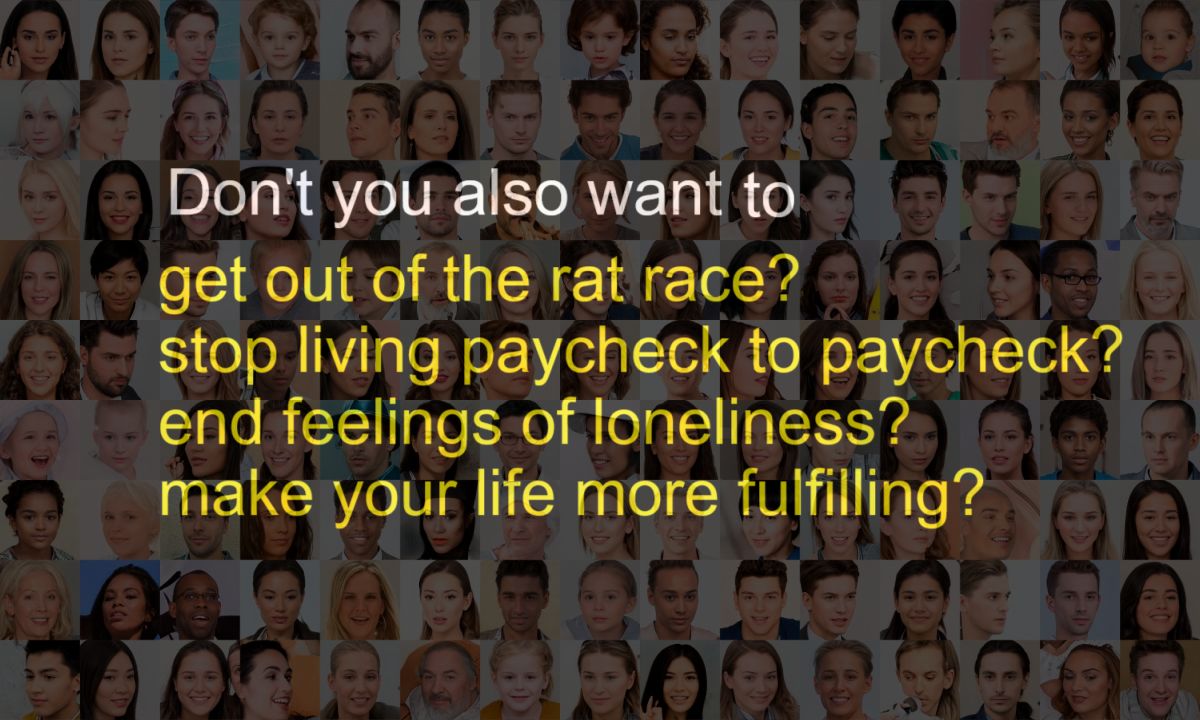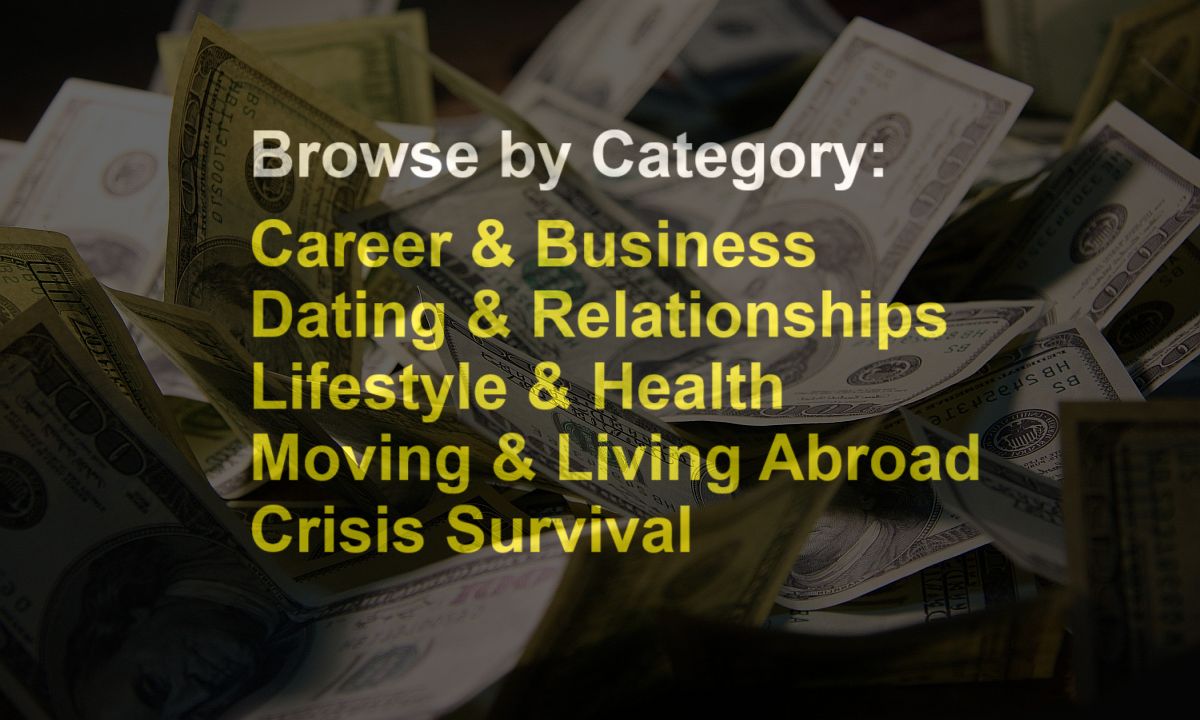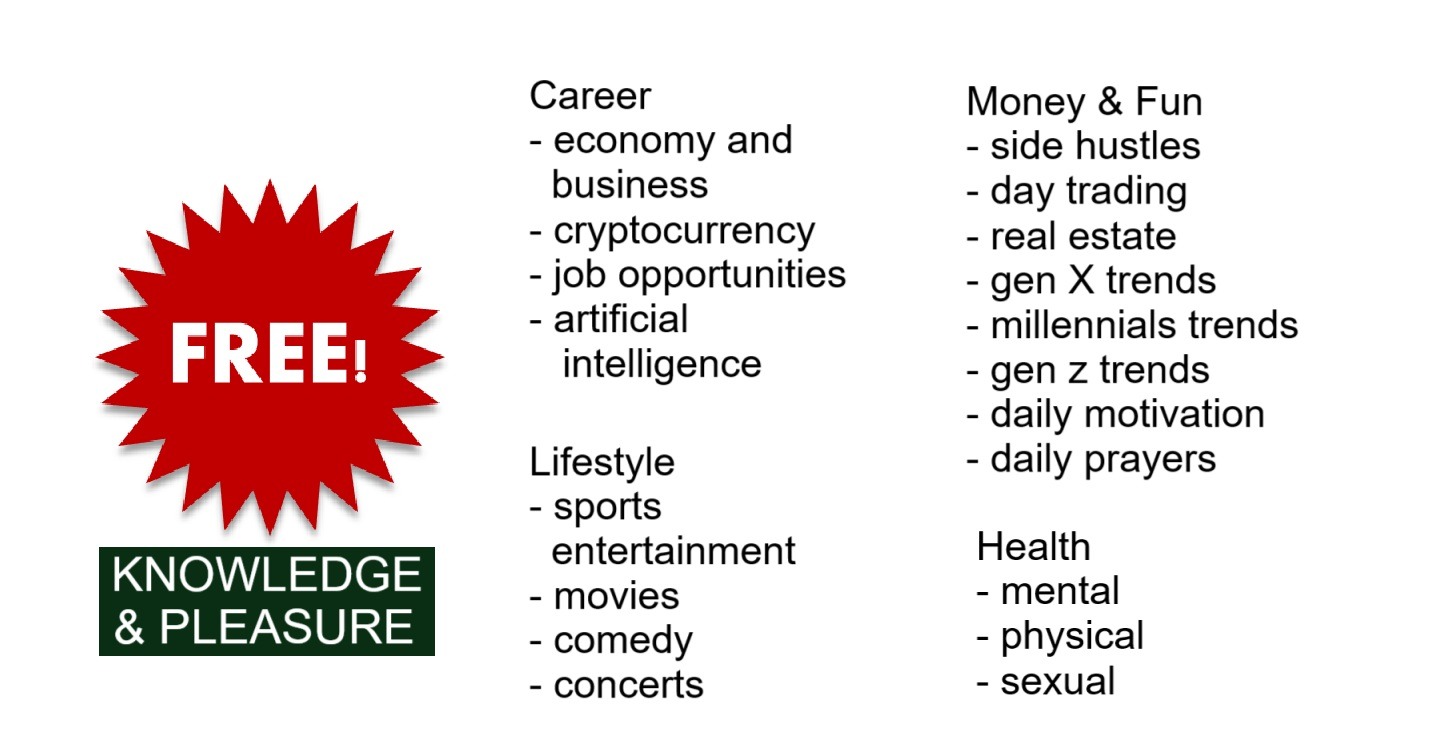Last Updated on April 12, 2025 by Royce Pierpont
The arts, entertainment, and recreation industries, known for their dynamism and creativity, have faced unprecedented challenges in recent years. Economic downturns, technological disruptions, and shifting consumer preferences have led to workforce reductions, leaving many talented professionals facing the daunting task of job hunting. If you find yourself in this situation, or fear that you might be soon, know that you are not alone. This comprehensive guide is designed to provide you with the knowledge, strategies, and actionable steps needed to navigate the job market effectively and secure a fulfilling new role.
Understanding the Landscape: Challenges and Obstacles
Before embarking on your job search, it’s crucial to understand the specific challenges you might encounter as an arts, entertainment, and recreation professional:
- Education and Training Constraints: The skills required in the arts, entertainment, and recreation sectors are constantly evolving. If your education or training is outdated, it may limit your ability to compete for certain positions.
- Obsolescence at Past Job: Rapid technological advancements can render skills acquired in previous roles obsolete. For instance, traditional graphic design software skills may need to be supplemented with expertise in UI/UX design or motion graphics.
- Artificial Intelligence (AI) Risks: AI is increasingly being used in areas like content creation, marketing, and customer service, potentially automating tasks previously performed by human workers.
- Robotic Risks: While less prevalent in the arts and entertainment sectors compared to manufacturing or logistics, robotics can impact roles in theme parks, event management, and certain aspects of production.
- Other Risks: Economic fluctuations, changing consumer tastes, and unforeseen events (like pandemics) can significantly impact the demand for specific skills and roles within the industry.
Re-Engineering Yourself: Strategies for Overcoming Challenges
To overcome these challenges, it’s essential to adopt a proactive and strategic approach to your job search:
- Skill Assessment and Gap Analysis:
- Identify: Begin by identifying your core skills, both technical and soft skills (communication, teamwork, problem-solving).
- Evaluate: Assess the current market demand for these skills. Are they still relevant, or do they need updating?
- Gap Analysis: Determine any skills gaps that need to be addressed to enhance your marketability.
- Upskilling and Reskilling:
- Online Courses: Platforms like Coursera, Udemy, and LinkedIn Learning offer a wide range of courses in areas such as digital marketing, data analytics, project management, and software development.
- Workshops and Seminars: Attend industry-specific workshops and seminars to stay updated on the latest trends and technologies.
- Certifications: Obtain relevant certifications to validate your skills and knowledge.
- Consider pivoting: Examine career paths that align with new skills you have obtained (or have the intention to obtain) such as an arts administrator with grant writing experience who gets training in a project management software suite
- Networking and Building Connections:
- Attend Industry Events: Conferences, trade shows, and networking events provide opportunities to meet potential employers and learn about job openings.
- Join Professional Organizations: Membership in organizations like the Association of Performing Arts Professionals or the National Recreation and Park Association can provide access to job boards, networking events, and professional development resources.
- Leverage Social Media: Use LinkedIn, Twitter, and other social media platforms to connect with industry professionals, share your expertise, and learn about job opportunities.
- Crafting a Compelling Narrative:
- Resume Optimization: Tailor your resume to highlight the skills and experiences that are most relevant to the jobs you are applying for. Use keywords from the job description to ensure your resume is easily searchable by applicant tracking systems (ATS).
- Cover Letter Writing: Write a compelling cover letter that showcases your passion for the industry and explains why you are the best candidate for the job.
- Portfolio Development: Create a portfolio of your best work to demonstrate your skills and abilities.
Identifying Your Competition and Standing Out
Your competition in the job market may include recent graduates, experienced professionals, and individuals from related industries. To stand out from the crowd, consider the following strategies:
- Highlight Unique Skills and Experiences: Emphasize any skills or experiences that differentiate you from other candidates. This could include specialized knowledge, unique accomplishments, or a diverse background.
- Demonstrate Adaptability and Resilience: Showcase your ability to adapt to changing circumstances and overcome challenges. Employers value candidates who are willing to learn new skills and embrace new technologies.
- Focus on Value Proposition: Clearly articulate the value you can bring to the organization. How will your skills and experience contribute to the company’s success?
- Showcase Your Passion: Demonstrate your passion for the industry and your commitment to excellence. Employers are more likely to hire candidates who are genuinely enthusiastic about their work.
Exploring Alternative Career Paths
While remaining in the arts, entertainment, and recreation sectors may be your primary goal, it’s also wise to explore alternative career paths that leverage your skills and experience:
- Transferable Skills: Identify the transferable skills you have acquired in your previous roles, such as project management, communication, customer service, and creativity.
- Related Industries: Consider industries that value these skills, such as marketing, advertising, education, and non-profit organizations.
- Freelancing and Consulting: Explore opportunities to work as a freelancer or consultant, providing your expertise to multiple clients on a project basis.
Financial Planning and Support
Job loss can be a stressful experience, both emotionally and financially. It’s essential to develop a financial plan to manage your expenses and seek support from available resources:
- Create a Budget: Develop a detailed budget to track your income and expenses. Identify areas where you can reduce spending to conserve funds.
- Explore Unemployment Benefits: File for unemployment benefits to provide temporary financial assistance while you search for a new job.
- Seek Financial Counseling: Consider seeking financial counseling to help you manage your finances and explore options for debt management.
- Utilize Community Resources: Take advantage of community resources such as food banks, housing assistance programs, and job training services.
Mental and Emotional Well-being
Job hunting can be emotionally challenging. It’s important to prioritize your mental and emotional well-being during this time:
- Maintain a Positive Attitude: Focus on your strengths and accomplishments, and maintain a positive outlook.
- Seek Support from Friends and Family: Lean on your friends and family for emotional support and encouragement.
- Practice Self-Care: Engage in activities that you enjoy and that help you relax and de-stress, such as exercise, meditation, or spending time in nature.
- Consider Professional Counseling: If you are struggling with anxiety, depression, or other mental health issues, consider seeking professional counseling.
Conclusion: Embracing the Opportunity
Being laid off is undoubtedly a difficult experience, but it also presents an opportunity for growth and reinvention. By understanding the challenges you face, re-engineering yourself with new skills, and exploring alternative career paths, you can navigate the job market effectively and secure a fulfilling new role. Remember to prioritize your financial and emotional well-being throughout the process, and never underestimate the power of networking and building connections. With perseverance, resilience, and a strategic approach, you can emerge from this experience stronger and more prepared for the future.









